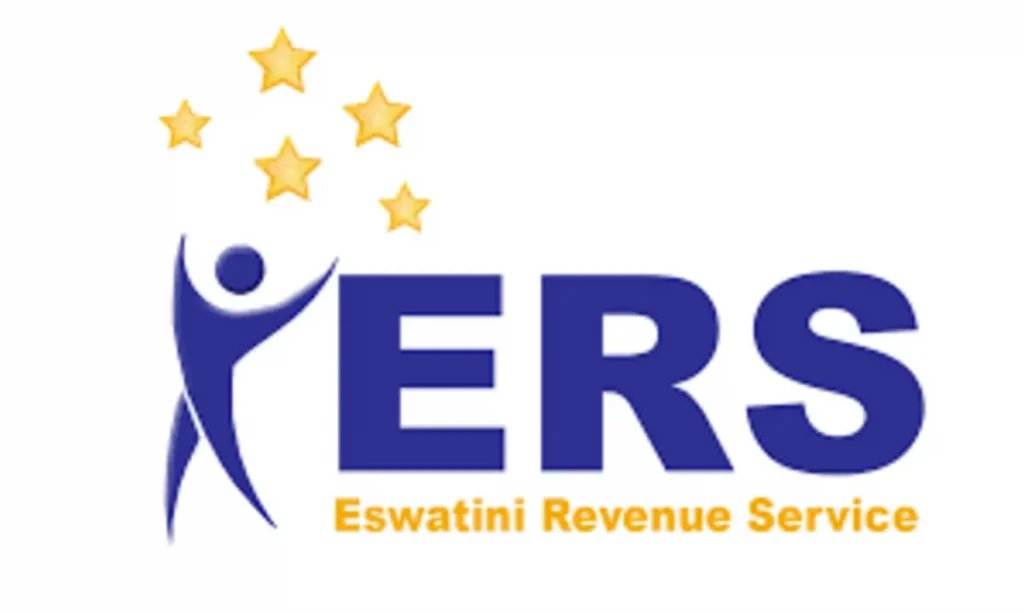- Established in 2008 and operational from 2011, the Eswatini Revenue Authority enhances tax and customs collection and pursues major reforms like “Revenue Takeover”.
- The revenue authority faces pressures from fluctuating SACU revenues, public demand for faster services, and must deploy modern risk and trade-facilitation tools to keep pace.
The Eswatini Revenue Authority: Mandate and reform
The Eswatini Revenue Service (ERS), also called the Eswatini Revenue Authority, was set up under the Revenue Authority Act of 2008 and started operations on 1 January 2011. It is a semi-autonomous revenue body. It works under government policy but outside the civil service, and is run like a corporate entity. The agency’s mission is to collect revenue efficiently, apply laws fairly, and pursue 100 % voluntary compliance for a better Kingdom of Eswatini. The Commissioner-General since 2022 is Mr Brightwell Nkambule, led by a Governing Board appointed by the Minister of Finance.
In April 2024, the Acting Minister of Finance launched the “Revenue Takeover” project to centralise non-tax revenue collection under ERS. Starting from 2 May 2024, payments for services like company registration, trading licence and liquor licence fees under the Ministry of Commerce are processed at ERS service centres. This shift is done in phases to streamline operations, reduce inefficiencies, and improve public service.
Also Read: Vodafone and AST SpaceMobile launch SatCo for D2D broadband
Also Read: Netspace Angola drives innovation with SD-WAN, cloud
Eswatini Revenue Authority: Industry challenges and innovation
The authority operates in a context where external revenue is unstable. For example, Southern African Customs Union (SACU) receipts dropped from E13.04 billion to E10.4 billion for the upcoming fiscal year—a E2.6 billion shortfall. The government must bridge this gap, partly via a Stabilisation Fund, and relies on ERS to step up domestic revenue collection.
ERS has modernised its customs functions through international partnerships. In late 2024, the World Customs Organization (WCO) ran a workshop at ERS headquarters in Mbabane to prepare for a 2025 upgrade of its ASYCUDA World Risk Management Module. Experts from the WCO and HMRC led training in risk management, data analytics, profiling, and interactive dashboards. The effort builds on a earlier benchmarking trip to the Uganda Revenue Authority in 2022.
ERA, or ERS, also fights counterfeit and cross-border crime using new technology and awareness campaigns. It has deployed paperless customs systems, online declaration portals, and uses machine learning and blockchain tools to track goods and deter smuggling. The authority also runs public campaigns to support compliance and trade integrity, and explores sustainable energy such as solar systems for operations.

